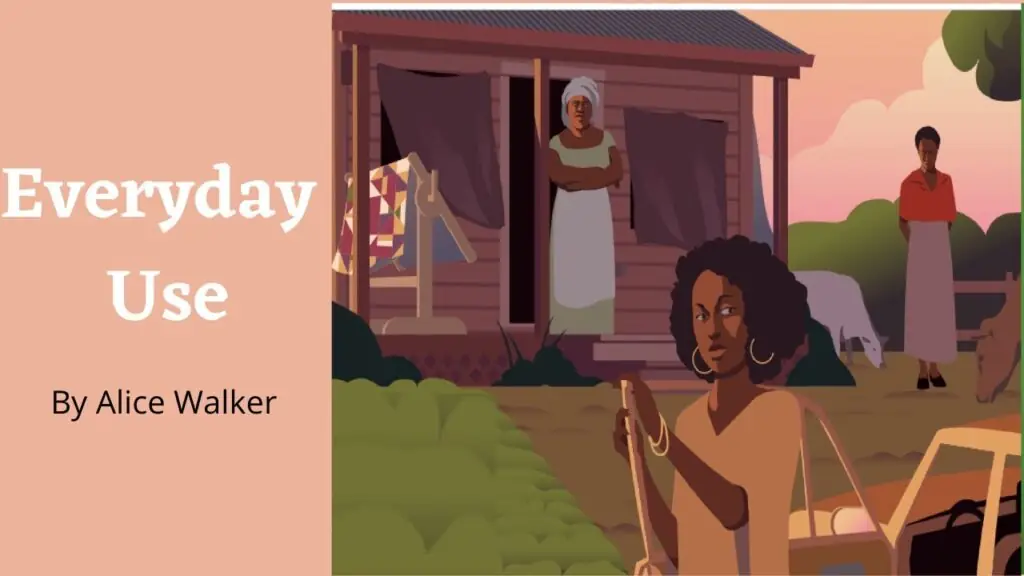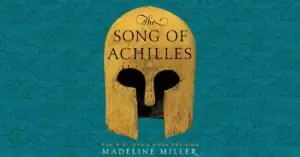“Everyday Use” is a short story by Alice Walker, first published in 1973. This poignant narrative explores themes of heritage, identity, and cultural conflict through the lens of an African American family. The story is set in the rural South and revolves around the return of Dee, a woman who has embraced the Black Power movement, to her family home, where her mother, Mrs. Johnson, and her sister, Maggie, live a modest, traditional life.

✅ AI Essay Writer ✅ AI Detector ✅ Plagchecker ✅ Paraphraser
✅ Summarizer ✅ Citation Generator

Detailed Overview
The story contrasts the attitudes and values of Dee, who has adopted a new African name and lifestyle, with those of her mother and sister, who maintain their heritage through their daily lives and practices. The central conflict arises over two quilts that symbolize the family’s heritage and the differing perspectives on how that heritage should be preserved and honored.
Extensive Plot Summary
- Characters: The narrative is told from the perspective of Mrs. Johnson, a hardworking, practical woman who is deeply rooted in her community and traditions. Maggie, her shy and scarred younger daughter, is contrasted with Dee, who is educated, confident, and assertive.
- Dee’s Visit: Dee’s return to her family’s home is marked by her new identity, which she asserts through her dress, language, and attitudes. She is accompanied by her boyfriend, Hakim-a-barber, who shares her Afrocentric views. Dee’s admiration for items like the family’s butter churn and benches, which she now considers artifacts, underscores her disconnected and romanticized view of her heritage.
- The Quilts: The story’s climax centers on Dee’s desire to take two handmade quilts that were pieced together by her grandmother and great-grandmother. These quilts, made from scraps of clothing and hand-stitched over generations, are rich in family history and embody the practical, lived experience of her ancestors.
- Conflicting Views on Heritage: Mrs. Johnson promises the quilts to Maggie, intending them to be used and appreciated in everyday life, as opposed to being hung on a wall as Dee proposes. When Dee argues that Maggie is incapable of appreciating the quilts and would put them to everyday use, Mrs. Johnson affirms that this is precisely the point—their value lies in their role within the ongoing life and traditions of the family.
- Resolution: The story concludes with Dee departing in anger, accusing her mother and sister of failing to understand their heritage. In contrast, Mrs. Johnson and Maggie remain, content in their sense of identity and connection to their ancestors.

Insights
“Everyday Use” explores the complexities of cultural and personal identity, highlighting the tension between a superficial embrace of heritage as a political or aesthetic statement and a genuine, lived connection to one’s roots. The quilts in the story symbolize this dichotomy, serving as a metaphor for the broader debate about the nature of African American identity and heritage.
Notable Quotes
- “Dee wanted nice things… She wrote me once that no matter where we ‘choose’ to live, she will manage to come see us. But she will never bring her friends.”
- “Maggie can’t appreciate these quilts!… She’d probably be backward enough to put them to everyday use.”
“Everyday Use” is a nuanced examination of how cultural objects and practices are valued and transmitted across generations, urging readers to consider the depth and authenticity of their connections to their own heritage.
Follow us on Reddit for more insights and updates.





Comments (0)
Welcome to A*Help comments!
We’re all about debate and discussion at A*Help.
We value the diverse opinions of users, so you may find points of view that you don’t agree with. And that’s cool. However, there are certain things we’re not OK with: attempts to manipulate our data in any way, for example, or the posting of discriminative, offensive, hateful, or disparaging material.